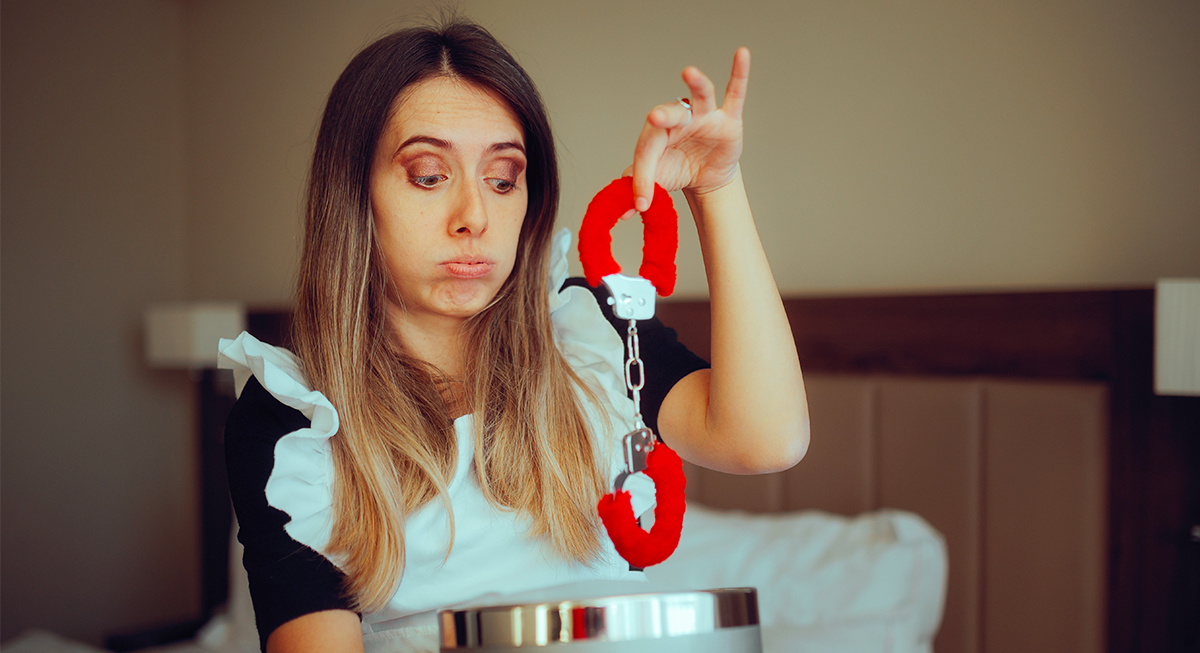I have seen a number of personal finance websites suggesting that people keep their emergency funds in a Roth IRA. After all, the point of an emergency fund is to never have to touch it, saving for retirement is good, and one of the benefits of a Roth IRA is that you can take out the money you put in without any sort of penalty (of course, you can't touch your earnings until you're 59 1/2).
I'm still not sure whether or not I think this is a good idea. I have to admit that when I thought about starting a Roth IRA, one of the things I considered was the fact that if an emergency happens, I can pull that money. But I also have an emergency fund with enough money to cover almost 10 months worth of normal expenses.
I don't think it's a good idea to have all of your emergency fund in your Roth IRA. But it might not be a bad idea to put some of it into a Roth IRA. Let's pretend that your monthly expenses are $3000. Now let's say you've managed to save 6 months worth of expenses, meaning you've got a high yield savings account with $18,000. To fully fund your Roth IRA for 2008 would mean a deposit of $5000. That would leave you with $13,000, enough to cover you for over four months. And if things got bad, you could pull from your Roth IRA.
But wait. Roth IRAs aren't like savings accounts. They aren't even like stuffing the money under your mattress. They're not guaranteed to make money over time. Mine lost $500 in the first six months. If I was depending on that money for my emergency fund, I'd be out of luck.
I think my opinion has to do with how big your emergency fund is. As I said, mine is nearly 10 months worth of normal expenses, much of which could be cut in an emergency situation. So yes, I would be fine with putting some of that into a Roth IRA. But do I think your entire emergency fund should be in your Roth? Absolutely not. If you want to make it work for you, tie it up in CDs. Sure, you'll take a small hit if you have to redeem the CD early, but nothing like the hit you could take from a Roth loss.
Of course, Roths are designed to grow, so it's possible you could deposit $5000 of your emergency fund into it and discover that your retirement fund has grown.
I think this is a decision that everyone has to make, but I still think that everyone should try to have three to six months worth of expenses in an emergency fund, preferably closer to six. Where you put it is up to you. Just be aware of all of the benefits and the risks.









